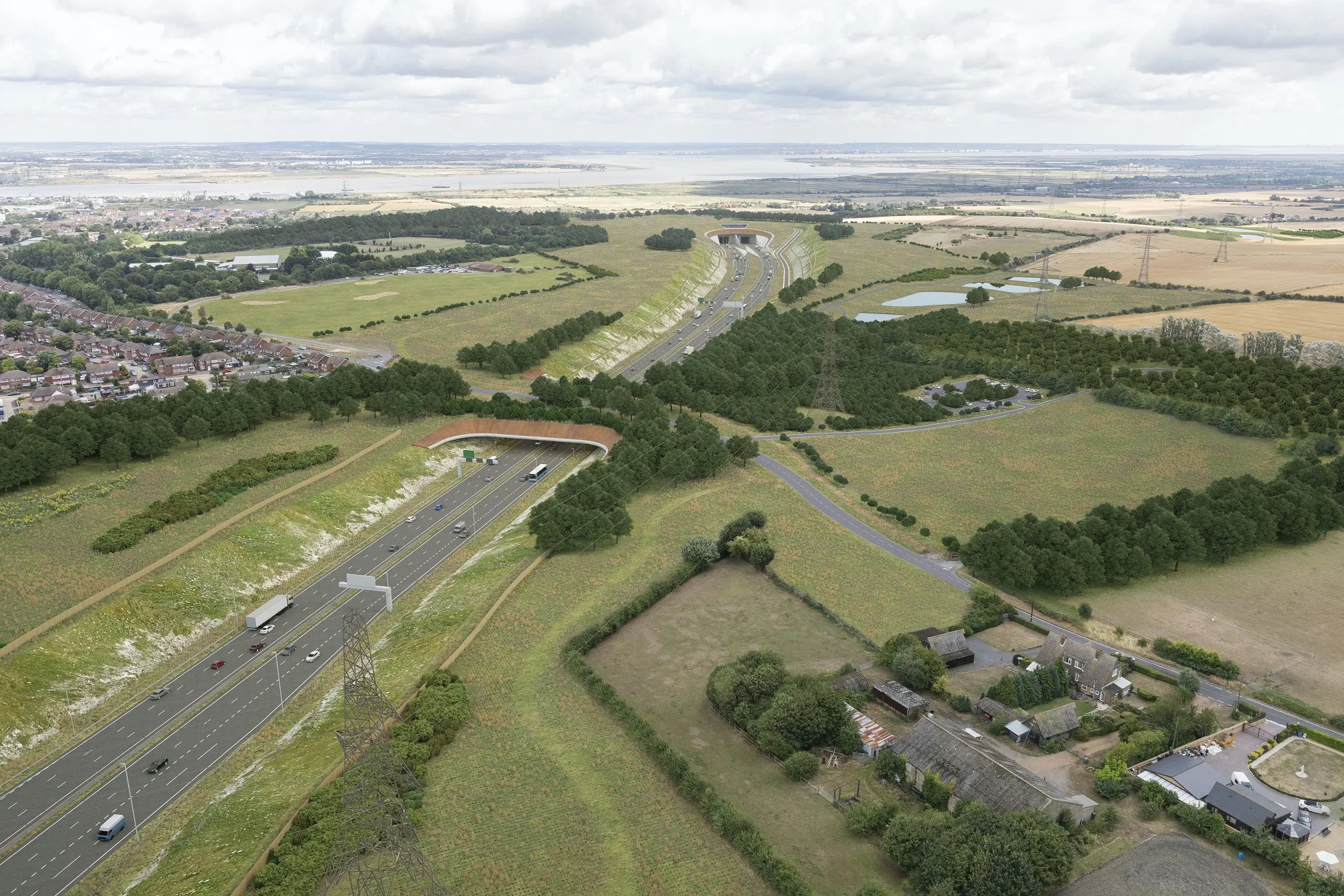Brazil's federal government is expecting to launch some US$49.7 billion in tenders for infrastructure projects within the next few months.
According to the finance ministry's deputy secretary of economic affairs Leonardo Lima Machado, some of the tenders will be for highway, railway, and port concession projects, local daily Valor Econômico reported.
Other tenders are expected for electrical energy and telecommunications, Machado said during an infrastructure roundtable at São Paulo state industry fe
May 30, 2014
Read time: 1 min
Brazil's federal government is expecting to launch some US$49.7 billion in tenders for infrastructure projects within the next few months.
According to the finance ministry's deputy secretary of economic affairs Leonardo Lima Machado, some of the tenders will be for highway, railway, and port concession projects, local daily Valor Econômico reported.
Other tenders are expected for electrical energy and telecommunications, Machado said during an infrastructure roundtable at São Paulo state industry federation Fiesp.
For energy, one of the main tenders expected is for the 800MW São Luiz do Tapajós plant on the Xingu river. For telecommunications, telecoms regulator Anatel is expected to tender the 700MHz band for 4G mobile internet.
To help release investments, long-term bonds need to be offered to assist the role of national development bank BNDES, according to economist Francisco Luiz Cazeiro Lopreato of Campinas University.
According to the finance ministry's deputy secretary of economic affairs Leonardo Lima Machado, some of the tenders will be for highway, railway, and port concession projects, local daily Valor Econômico reported.
Other tenders are expected for electrical energy and telecommunications, Machado said during an infrastructure roundtable at São Paulo state industry federation Fiesp.
For energy, one of the main tenders expected is for the 800MW São Luiz do Tapajós plant on the Xingu river. For telecommunications, telecoms regulator Anatel is expected to tender the 700MHz band for 4G mobile internet.
To help release investments, long-term bonds need to be offered to assist the role of national development bank BNDES, according to economist Francisco Luiz Cazeiro Lopreato of Campinas University.










